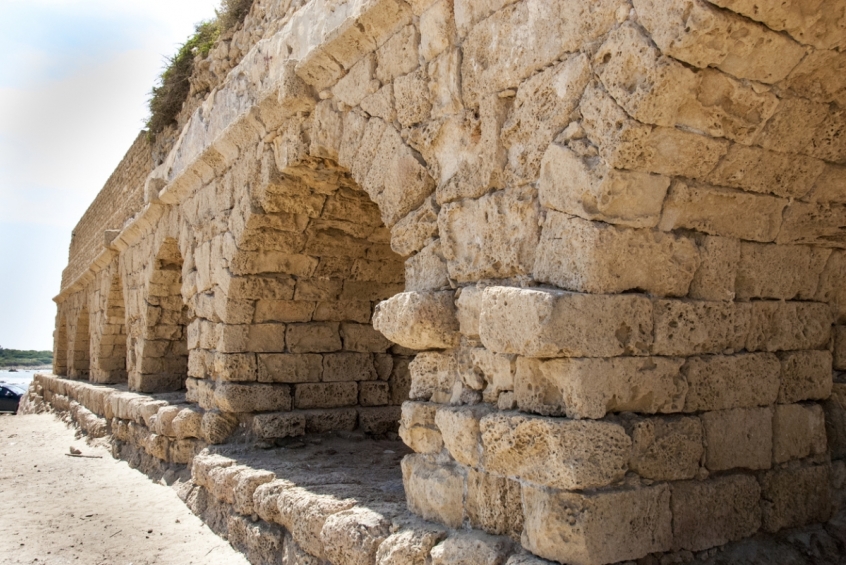
(CP) Leading Israeli archaeologists and researchers have decried what they perceive as a lack of oversight amid a series of archaeological discoveries, including recent announcements from a professor claiming to have deciphered historic Bible-era inscriptions.
Over 30 academics recently signed an open letter emphasizing the need for peer reviews and publishing findings "scientifically" before making public announcements to the press about archaeological discoveries.
The letter doesn't name specific researchers but follows a series of announcements from Gershon Galil. The professor emeritus of biblical studies and the former chairman of the University of Haifa's Jewish history department claims to have deciphered several inscriptions, including one that contains the name of the biblical Judean King Hezekiah.
"While we all recognize that one can inform the press of finds before publication (and many of us do this, including myself), the main point was that if one claims that finds are sensational and groundbreaking, they should be fully published academically, before going public with sensational claims," Professor Aren Maeir of Bar-Ilan University, who signed the letter, told The Christian Post in an emailed statement.
"Otherwise, there is no way to ascertain that these claims have basis. That is how things should be done in all scientific research."
CP also reached out to the University of Haifa but did not receive a response by press time.
The letter, published on Dec. 24, is signed by researchers from various Israeli institutions criticizing the presentation of several archaeological finds identified as "game-changers" in the press and on social media before the discoveries were subject to a peer review.
Experts from several institutions signed the letter, including Tel Aviv University and Hebrew University.
"As is clear to anyone dealing with science and research, one of the foundations of all research and discovery is that results must go through a process of peer review prior to publication, to check for quality, suggest improvements and comments, and in some cases, reject a suggestion," the letter reads.
"Without this process, research is conducted without proper checks and balances," the letter continues. "In addition, research colleagues (in this case archaeologists and historians) cannot properly ascertain, and if need be, disagree, with these claims."
The experts further stress the need for a "full presentation, with high-quality illustrations, of these finds in scientific publications, even long after the initial public notification" before posting finds on social media or making pronouncements to the press.
Galil told The Times of Israel that the letter was written by "bitter" and "jealous" colleagues with an axe to grind.
In a separate statement, however, Maeir, director of the Tell es-Safi/Gath Archaeological Project, said that researchers would be allowed to claim anything if they didn't have to follow the standards of proof described in the letter.
As The Christian Post previously reported, Galil claimed that he and a fellow archaeologist Eli Shukron had deciphered an inscription containing the name of Judean King Hezekiah. Galil said that the inscription summarizes the first 17 years of Hezekiah's reign and his accomplishments described in 2 Kings 20 in the Bible.
"This is an extremely important discovery that changes [some basic assumptions of] research, since until today it was commonly accepted that the kings of Israel and Judah, unlike the kings of the ancient Middle East, did not make themselves royal inscriptions and monuments ... to commemorate their achievements," Galil said.
© The Christian Post













